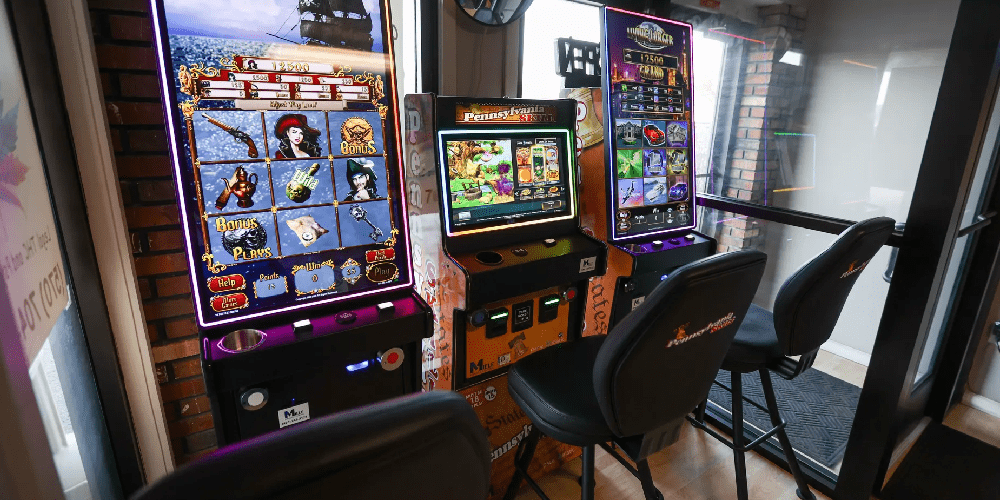Wynn drops out of the New York casino contest and becomes latest bidder.
Wynn drops out of the New York casino contest and becomes latest bidder. You can make it anywhere ..
Gambling news offers information on the most recent developments, trends, and events in the gambling field, making it a vital resource for both amateurs and business experts. It covers a wide range of subjects, such as brand-new game releases, legislative changes, business alliances, promotions, and noteworthy victories.
The ability to stay updated about the newest trends and advances in the gaming business is one of the main benefits of doing so. Staying educated enables you to remain ahead of the curve and make informed judgements, whether it's the introduction of cutting-edge technology like virtual reality gambling or the advent of new gambling markets.
Additionally, gambling news offers insights into the regulatory environment, assisting players in understanding the rules and regulations that apply to online gaming in various countries. This is crucial for gamers who want to make sure they are participating in legal and safe activities.
In addition, gambling news frequently emphasises special offers and incentives made by online casinos. These could include free spins, cashback deals, and welcome incentives. Players may benefit from these promos and maximise their gaming experience by staying current with the news.
The thrill and possible benefits that come with playing casino games are also showcased in gambling news, which often includes reports on large wins and jackpots. These tales have the power to uplift and motivate, giving gamers the courage to go for their own gambling goals.

Wynn drops out of the New York casino contest and becomes latest bidder. You can make it anywhere ..

Panel of European Economic Congress demands termination of Poland's monopoly. Given Poland's monop..

New South Wales wants comments on a facial recognition exclusion plan. The New South Wales (NSW) l..

Legislator from PA keeps working to legalise skill games. Working to legalise and control tens of ..